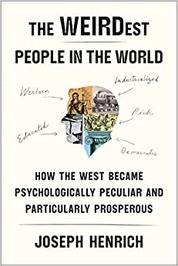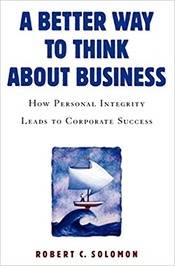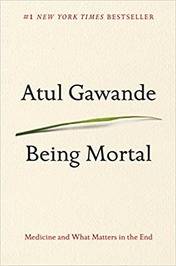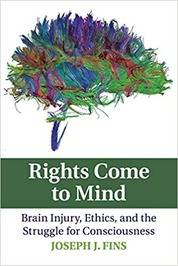Ethics Resources
Published Resources from the KBEI
Social Capital, Economic Diversity, and Civic Well-Being in Flint and Grand Rapids
by Michael DeWilde. Article featured on page 22 of Seidman Business Review, Volume XXII
Is There Nothing to be Done? Sexual Harassment, Emotional Empathy, and the Role of Men
by Michael DeWilde and Nguyen Pham. Article featured on page 19 of Seidman Business Review, Volume XXVI.
Psychological Introspection as Moral Courage in Leaders
by Michael DeWilde. Transcript of a talk delivered at ESC Rennes School of Business, Rennes, France in January, 2010.
The Business of the Humanities
by Michael DeWilde. The liberal arts, and the humanities in particular, seem to be a hidden passion for any number of CEO’s, executives, Wall Street investors, and lawyers.
A (very) Concise Guide to Eight Moral Theories
by Michael DeWilde. (Link)
An Outline for Ethical Decision-Making
by Michael DeWilde. (Link)
A Business Ethics Center Rethinks Its Role
by Michael DeWilde. (Link)
How Much Science Should a Manager Know?
- Seidman Business Review, by Michael DeWilde. (Link)
Some businesses fight climate change quietly – but they still do it
Yale Climate Connections. by Barbara Grady
General Business Ethics Resources
Books
Articles
- Principles of Basic Ethics (LLC Attorney)
- Water could make the Great Lakes a climate refuge. (Bridge Michigan)
- Report Finds Grand Rapids has Lowest Percentage of Female Breadwinners (Grand Rapids Business Journal)
- McDonald's Workers in Denmark Pity Us (New York Times)
- Flint's decline, Grand Rapids' success predicted in 70-year-old study (MLive)
- Rational Actors and Political Persuasion (Harvard Gazette)
- Why Women Still Can't Have It All by Anne-Marie Slaughter (The Atlantic)
- The Christian Paradox: How a Faithful Nation Gets Jesus Wrong by Bill McKibben (Harpers)
- The Education of an Educated CEO by Jeff Bailey.
Videos
- Should Amazon, Apple, Google and Facebook Be Broken Up? Scott Galloway on The Big Four
- Anne-Marie Slaughter's TED Talk: Can we all "have it all"?
- Panel Discussion at GVSU on The Future of Capitalism: Constructive Competition or Chaos?
- Michael DeWilde on Why Grand Rapids is Not Flint. (Continued in Part 2, Part 3, Part 4, and Part 5.
- Yuval Noah Harari: “We Are on the Verge of Destroying Ourselves” | Amanpour and Company
- Author and historian Yuval Harari is worth acquainting yourself with, whether you end up finding him persuasive or not. His most recent book is Nexus, and the two books that made him famous are Sapiens and Homo Deus. In this 18-minute talk he discusses why he thinks AI might end up being more damaging to our ability to communicate than helpful
Behavioral Ethics Resources
Books
Articles
- The Moral Instinct by Steven Pinker
- Can Selfishness Save the Environment? by Matt Ridley and Bobbi S. Low Behavioral economics and evolutionary biology save the world.
- Power Moves: Success changes how people think and act—often, but not always, for the worse, by Theodor Schaarschmidt.
- Article about a recent U of M study on college students and empathy- Empathy: College students don't have as much as they used to and the corresponding study - Changes in Dispositional Empathy in American College Students Over Time: A Meta-Analysis
- New York Times article, "Why Some Teams Are Smarter Than Others"
- We Know How You Feel- The New Yorker
Videos
- Generation Me" study finds students lack empathy
- Psychologist Jonathan Haidt on the ‘Moral Mind’
Normative Ethics Resources
Books
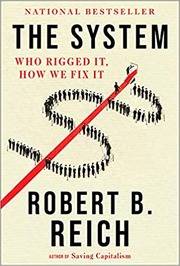
Book cover for "The System: Who Rigged It, How We Fix It" by Robert Reich
Articles
- Why We Must Ration Health Care by Peter Singer. Utilitarian philosopher Peter Singer argues that a dollar value can be placed on a human life.
- Sally Satel on how science and reason lead to moral progress.
- Fortune's Humans are Underrated
Medical Ethics Resources
Books

"The Beauty in Breaking: A Memoir" by Michele Harper
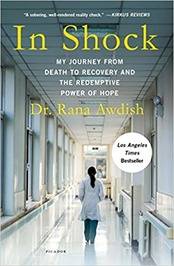
"In Shock (My Journey from Death to Recovery and the Redemptive Power of Hope)" by Rana Awdish
Articles
- CVS Health, Walmart and Walgreens helped perpetuate the opioid crisis, a jury found, the first time retailers were held accountable. by Jan Hoffman. Jan Hoffman, whose writing is centered around behavioral health and health law, discusses three of the nation's largest pharmacy chains' contribution to the opioid crisis in Ohio after a federal jury verdict.

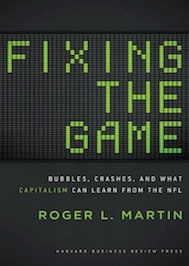
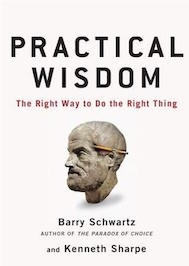
[1726082680].jpg)
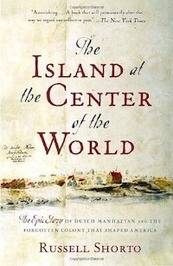
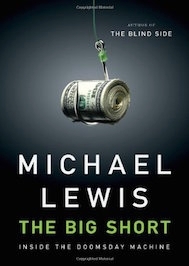
[1726082680].jpg)
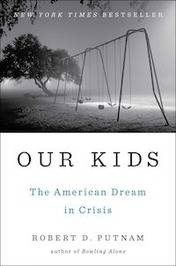
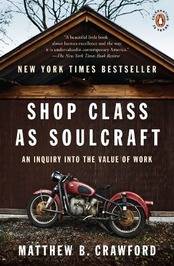
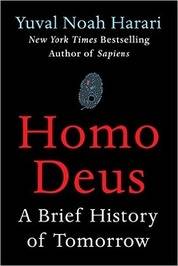
[1726082680].jpg)
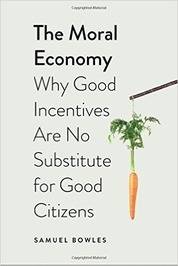
[1726082680].jpg)
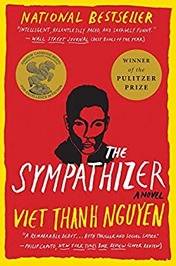
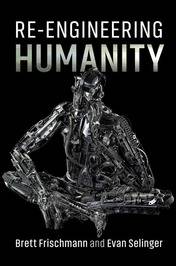
[1726082680].jpg)
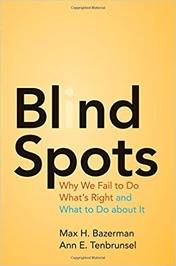
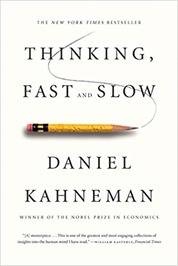
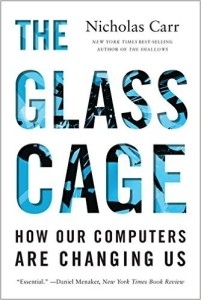
[1726082680].jpg)
